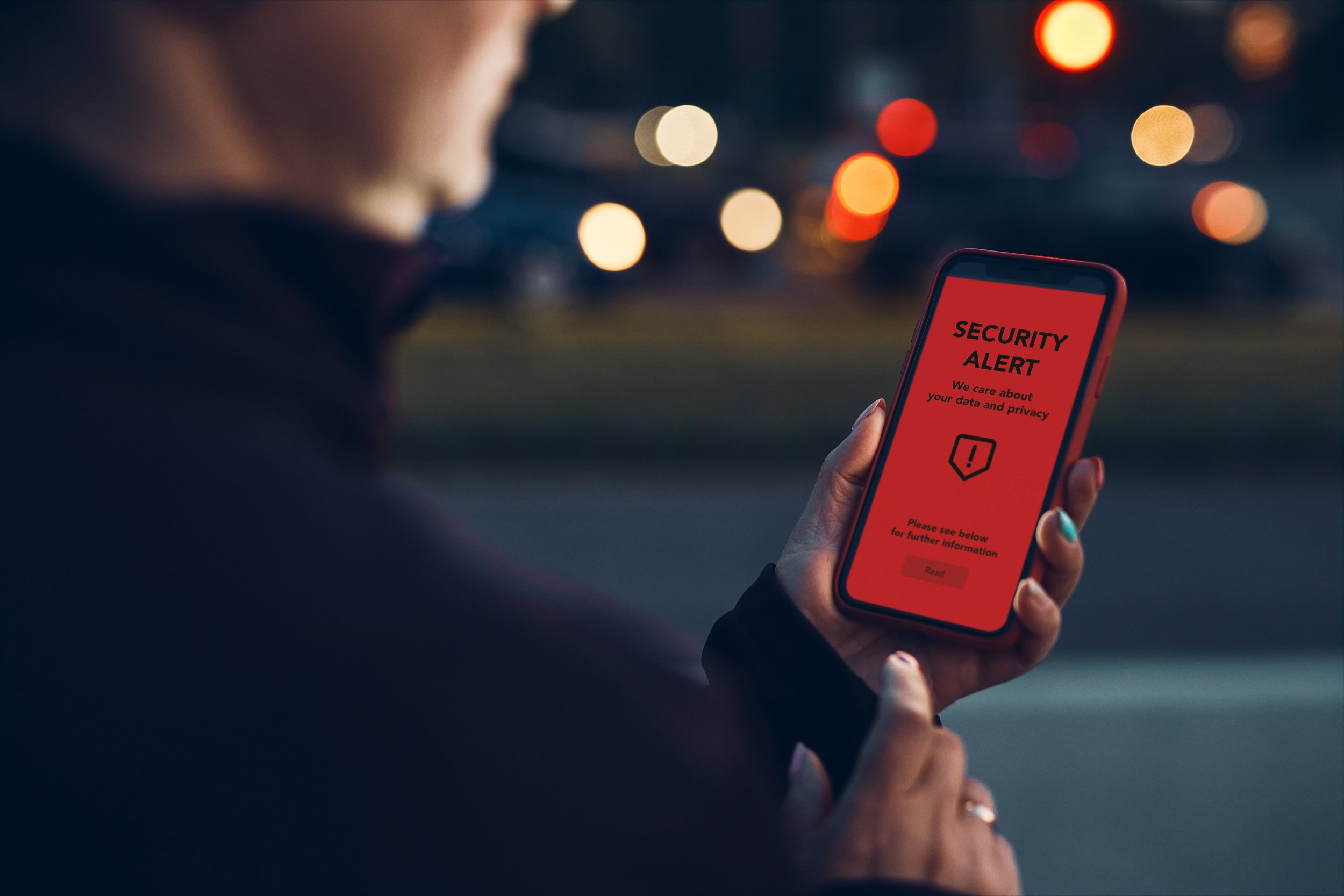The Resources to Keep Your Financial Information Safe
Identity theft is a growing problem. In difficult economic times, it will only get worse as perpetrators prey on people who are having a difficult time.
BE AWARE OF FRAUDSTERS
Never click on provided text or email links in any fraud alert you receive
Never share your online or mobile banking password. CME will never ask for this information
Never share your online or mobile banking username unless you have initiated the outreach to CME and know with 100% certainty that you are speaking with a CME representative
Do not respond to requests for personal or financial information like your Debit or Credit Card Number, your PIN or your Social Security Number
If you receive a suspicious text, email, or phone call, contact CME to confirm this communication is legitimate
If you believe you have responded to a fraudulent text or email or provided someone with your personal information, please contact CME immediately so we can help secure your membership
Member Care Center: (614) 224-8890
Toll-Free: (888) 224-3108
INTERNET FRAUD
Phishing typically involves a bogus e-mail message that seeks to look or sound legitimate—using official sounding language, or graphics and logos from a trusted organization—in an attempt to entice e-mail recipients to provide personal financial details, such as account information, credit card and Social Security numbers.
Take some simple precautions:
Never respond to an unsolicited e-mail that asks for personal financial information
Report anything suspicious to the proper authorities. Alert the credit union or government agency identified in the suspect e-mail through a web address or telephone number that you know is legitimate
Contact the Internet Crime Complaint Center at ic3.gov, a partnership between the FBI and the National White Collar Crime Center. If you think you have received a phishing e-mail or have been directed to a phishy-looking website
Do not respond to text messages that require personal or financial information. Report text messages directly to CME
*Please note a recent phishing scam regarding a CME data breach. CME will not ask members to click a hyperlink via email.
Check Your Credit Report
Your first indicator of trouble is likely to be your credit report. As you may know, there are three major credit reporting agencies, listed below. You are entitled to one free copy of your credit report each year from each of them. We encourage you to do so. To receive your free report, go to annualcreditreport.com.
Tip: Stagger your review every four months with a different bureau.
You can also contact the credit reporting bureaus directly through the numbers and links below:
Experian: call (888) EXPERIAN or visit experian.com
Equifax: call (800) 685-1111 or visit equifax.com
TransUnion: (800)-888-4213 or visit transunion.com
EQUIFAX CYBERSECURITY BREACH
In light of the 2017 security breach with credit monitoring company Equifax, we want to ensure our members that CME takes every precaution to make sure your financial and personal information is safe and protected. A few tips and reminders for protecting your sensitive information:
Monitor your accounts closely through Online Banking or Mobile Banking. If you notice any suspicious activity, please contact us immediately
Set up alerts on transactions through Online Banking for additional security and monitoring. Alerts can be set up for balances, transactions, messages, documents and more! Be sure to log into Online Banking and set up all types of alerts that will go directly to you!
Be on the lookout for fake emails and websites regarding Equifax (also known as phishing scams)
Reset your account passwords, PINS, and other logins for all your financial accounts
Reminder: You have Zero Liability. Policies go beyond the requirements of federal law, which limit individuals’ out-of-pocket expenses to $50 if a credit card is lost or stolen and then used fraudulently. As the name implies, zero liability policies mean that members pay nothing if their cards or account information are stolen and used fraudulently.
Member card account activity is monitored 24 hours a day, 7 days a week for suspicious activity.
Additional Resources
AFTER HOURS DECLINE-LINE:
Toll-Free Support Hotline
If your CME debit card has been declined for a transaction and CME is currently closed, call (888) 526-0404 Toll Free.
Transaction Analysts are happy to help or call (888) 297-3416 on the back of your debit card.
PERSONAL INFORMATION RESOURCES
It’s a good idea to check on your non-credit-specific personal information, too. Here are a couple of places to look:
Register for this free service to understand your current credit score. Simply log into online banking and click Credit Score. Answer four quick enrollment questions and see your score!
Opt-Out Services
“Opting out” can help decrease the number of offers you receive, and your chances of a solicitation resulting in identity theft:
Direct Marketing Association
Mail Preference Services
PO Box 643
Carmel, NY 10512
the-dma.org
National Do Not Call Registry
Federal Trade Commission
600 Pennsylvania Avenue, N.W.
Washington, DC 20580
(888) 382-1222
donotcall.gov



